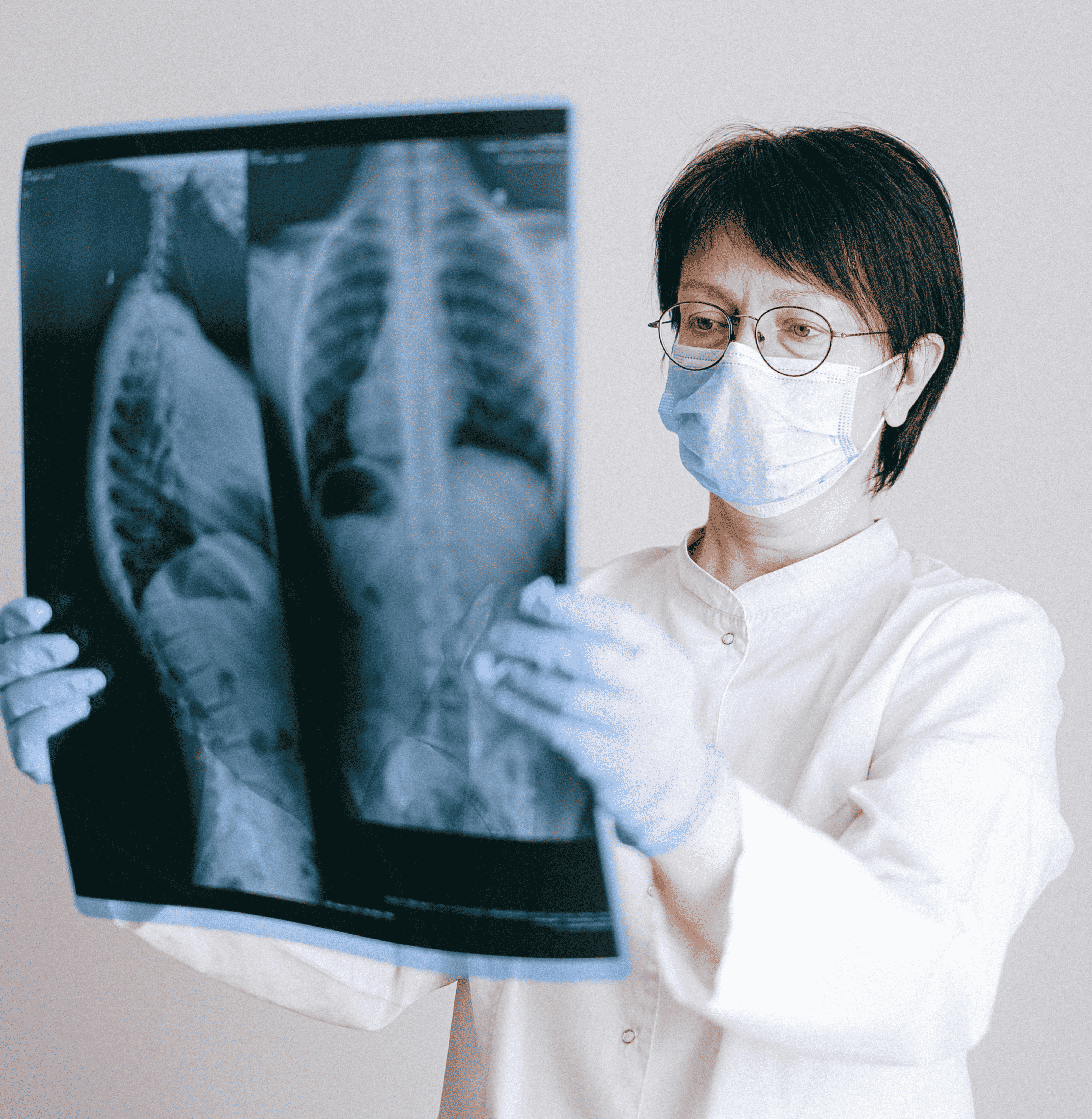
People with an immune deficiency – whether congenital or caused by cancer therapy – have an increased risk of becoming severely ill with COVID-19 if infected with the SARS-CoV-2 virus. At the same time, it has already been shown that even vaccinations with the currently approved vaccines often do not adequately protect these people. In a clinical trial funded by the German Federal Ministry of Education and Research, physicians at the University Hospital of Tübingen have now developed a vaccine that specifically targets the stimulation of a cellular immune response by so-called T cells against SARS-CoV-2.
The novel CoVac-1 vaccine also has a major advantage over other vaccines: It activates T cells not only against the spike protein of SARS-CoV-2, “but also against numerous other viral components, which counteracts the development of resistance by mutants,” according to the scientists. The study is based on work done in the Translational Immunology Clinical Cooperation Unit (KKE) of the Department of Medicine, led by PD Dr. Juliane Walz.
An idea from cancer immunotherapy
The idea for CoVac-1 comes from cancer immunotherapy, where the team led by Professor Hans-Georg Rammensee of the Department of Immunology has been working for many years on the development of so-called therapeutic peptide vaccines for cancer patients. “Peptides are short proteins that are presented to the immune system – and here specifically to the T cells – on the surface of tumor cells, but also on virus-infected cells,” says Rammensee, explaining the biological processes involved. “This enables the immune system to recognize ‘foreign’ cells and eliminate them.”
Thus, T cells could be specifically activated against tumor cells and also against virus-infected cells if such peptides were vaccinated together with a suitable immune stimulator, a so-called adjuvant. In Tübingen, the scientists use adjuvant XS15, originally developed by researchers led by Hans-Georg Rammensee together with the Tübingen-based company EMC Microcollections GmbH for vaccinations against cancer.
Focus on peptides
Juliane Walz and her colleagues have already demonstrated in several scientific publications that T cells always play a significant role in COVID-19 disease, both in healthy donors and cancer patients. As part of the research work that now forms the basis for the clinical trial, the researchers were able to detect peptides in the blood of volunteers who had survived COVID-19 disease. These are important for recognition of the SARS-CoV-2 virus and long-term protection against the virus by T cells.
“It is precisely those peptides that we know play a significant role in long-term immunity following a natural SARS-CoV-2 infection that are now being used in the CoVaC-1 vaccine,” explains Juliane Walz. In a first clinical pilot study in healthy volunteers between 18 and 80 years of age, CoVac-1 has shown an extremely potent activation of the T cell response against SARS-CoV-2. In addition, the vaccine caused only minor side effects.
Volunteers wanted
The study, funded by the German Federal Ministry of Education and Research (BMBF) and the Baden-Württemberg Ministry of Science, Research and Culture (MWK), is open to anyone with congenital or acquired B-cell defects or antibody deficiencies. This includes in particular patients with leukemia or lymphoma who have developed a so-called immunoglobulin deficiency due to their disease or a therapy. The study includes one screening appointment, one vaccination appointment and six control appointments within six months. The study will start in Tübingen but will then be expanded to the university hospitals in Berlin and Frankfurt.
On Wednesday, June 9, 2021, the Paul Ehrlich Institute, which is responsible for approving clinical trials, gave the go-ahead for the vaccination trial to begin. The approval of the ethics committee has already been obtained.
Information on how to participate in the study is available here.
Also interesting:
Study shows: Incidence values alone unsuitable as a basis for pandemic measures
Vaccine study: Best immune response with combination of Astrazeneca and Biontech
Faster corona lab tests thanks to compact ceramic temperature changers
Does oxygen deficiency go unnoticed because coronavirus infects sensor cells?








